Moving into your place is exciting, but maintaining it can reveal hidden challenges. Simple chores like cleaning and minor fixes soon give way to unexpected tasks and costs. New renters often learn these lessons the hard way when leaks, pests, or electrical issues appear. By knowing twelve lesser-known maintenance tips ahead of time, you can avoid stress and protect your home. This guide shares practical advice for tasks no one tells you about before you sign your lease.
1. Locate the Main Water Supply Valve
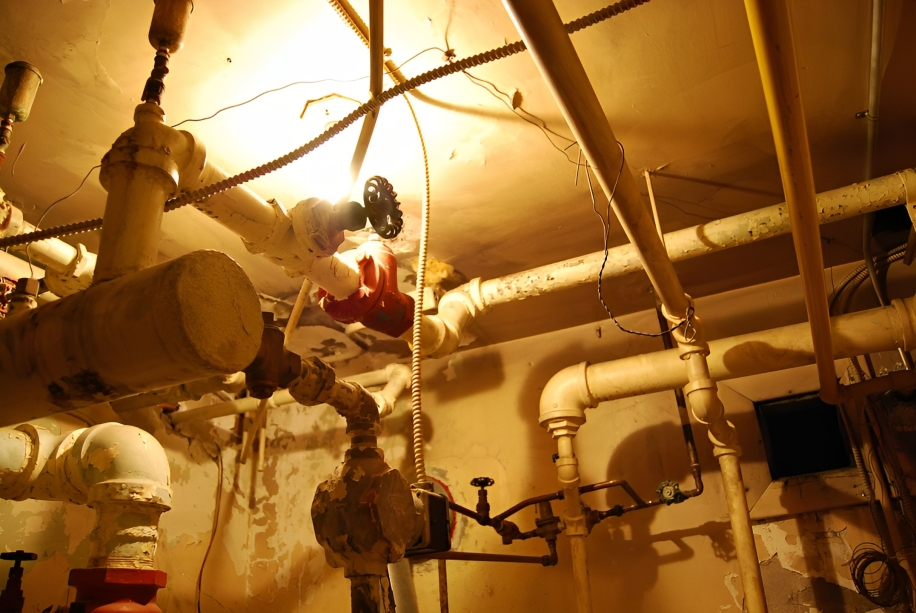
Knowing where your main water supply valve is can save you from major damage. A small leak can turn into flooding if you cannot stop the flow quickly. This valve is often in a basement or utility closet hidden behind boxes. Before an emergency, find it and practice turning it off. This simple step prevents water from ruining floors furniture and walls. Many new renters overlook this until it is too late. Consult building plans or ask maintenance staff if you cannot locate it and mark the valve with bright tape to make it easy to spot.
2. Understand Renters’ Insurance Coverage

Renters’ insurance can be confusing, and many fail to review what is covered. Your policy may protect personal belongings but exclude certain types of damage like floods or earthquakes. You might assume that your landlord makes repairs but that is often not the case. Take time to read the fine print and add extra coverage if you own high-value items. It is better to pay a small extra premium than face a large bill later. Keep your policy number in a safe place and note emergency contact details.
3. Label Circuit Breaker Panel
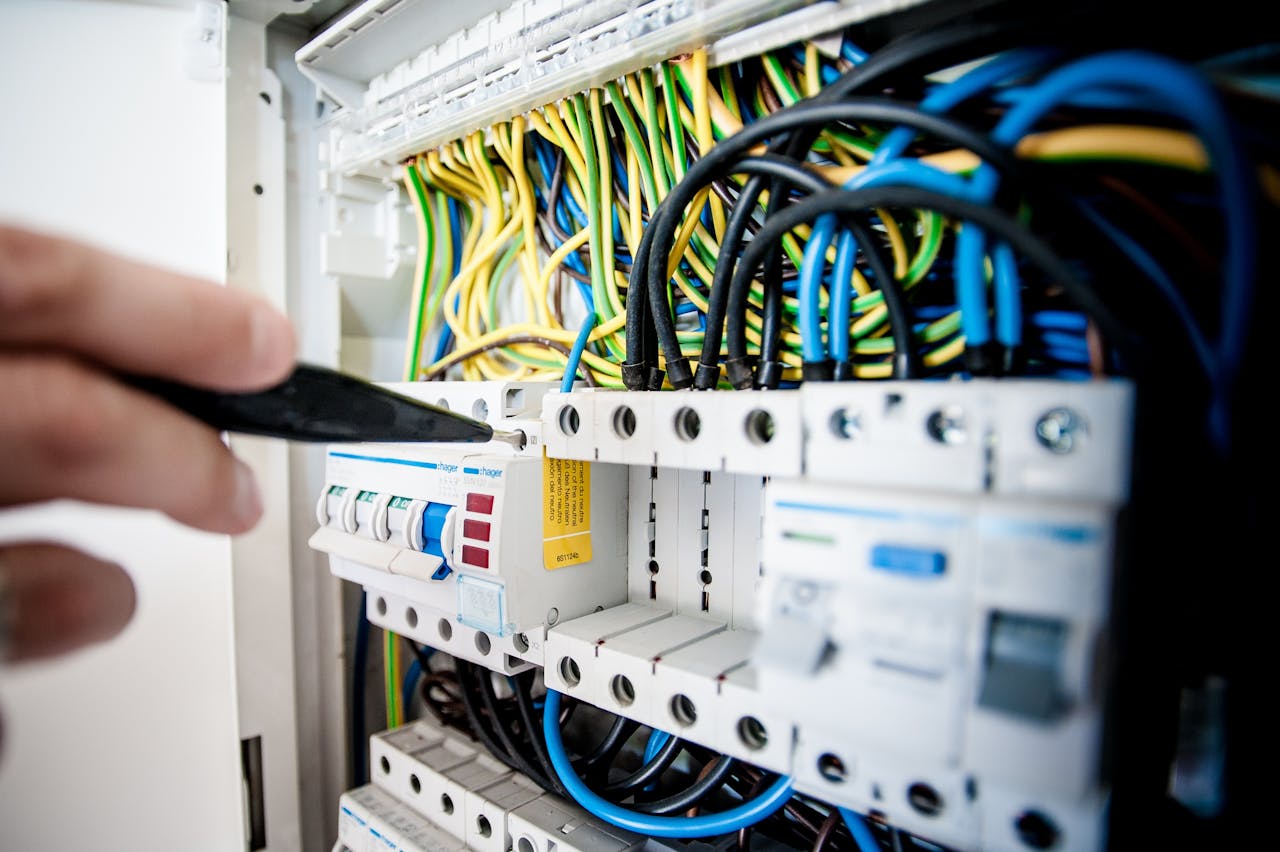
Most apartments have a circuit breaker panel but you might never use it until power cuts out. Without clear labels, you waste time flipping switches randomly. Before moving in test each breaker by turning them off and on and note which areas they control. Use a marker or label maker to mark every circuit so you know exactly what you are dealing with. This reduces stress in outages and makes any electrician job smoother. A well-labeled panel also helps in emergencies to isolate faulty circuits quickly. This simple upfront work can save you hours later.
4. Replace Air Filters Regularly

Air filters in your heating and cooling system trap dust dirt and allergens but need regular replacement. A dirty filter makes your system work harder raises energy bills and reduces air quality. Check the filter monthly and swap it for a new one according to manufacturer’s recommendations. This simple habit keeps air clean protects your system from damage and lowers utility costs. You will also breathe better and notice fewer dust layers on surfaces. Small effort leads to big benefits.
5. Clear Drains and Gutters
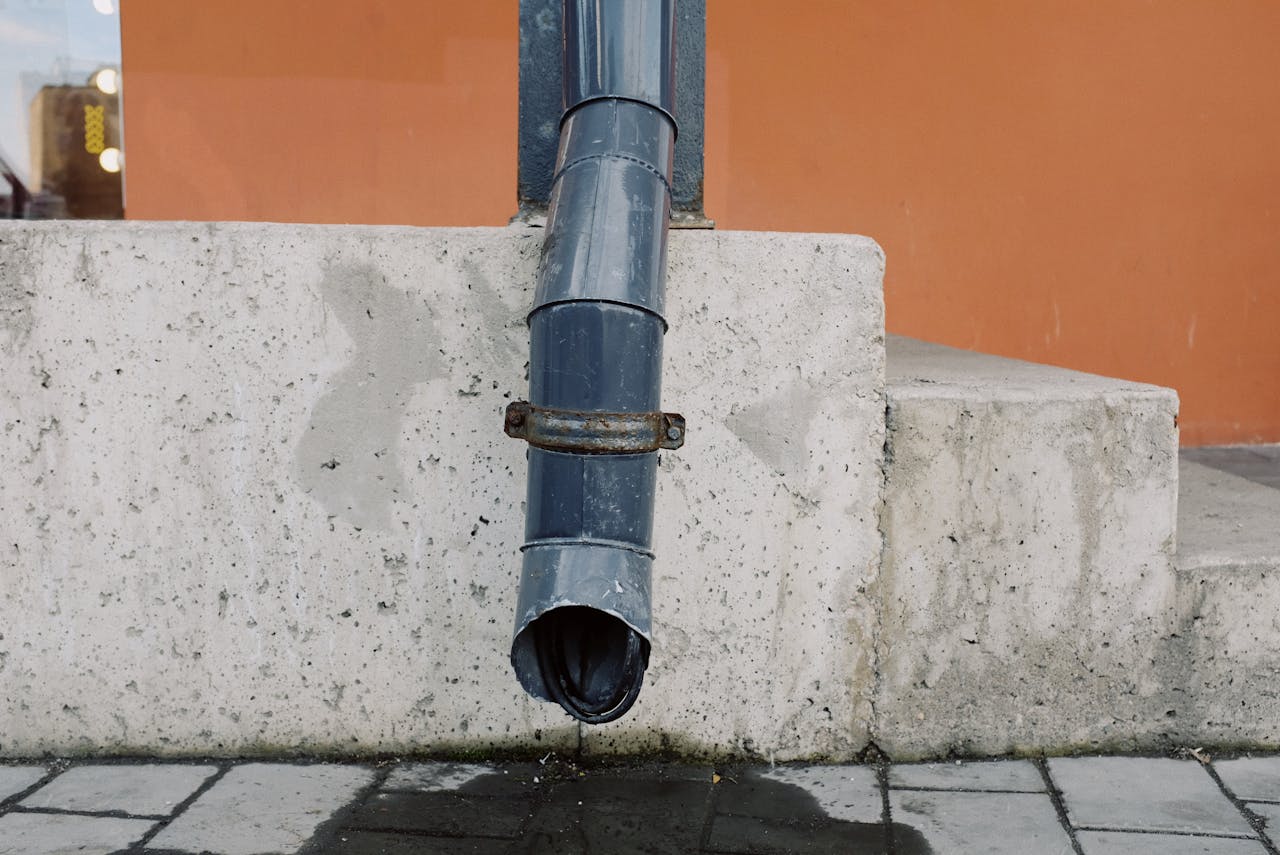
Clogged drains and gutters can lead to water damage and costly repairs. Hair soap scum and debris build up over time and slow down water flow. Use a drain snake or pour baking soda and vinegar to clear minor clogs. For gutters remove leaves and dirt at least twice a year to prevent overflow. This simple maintenance prevents leaks and foundation issues. Hiring a professional cleaning once a year can save you more in repair bills later.
6. Recaulk Windows and Doors
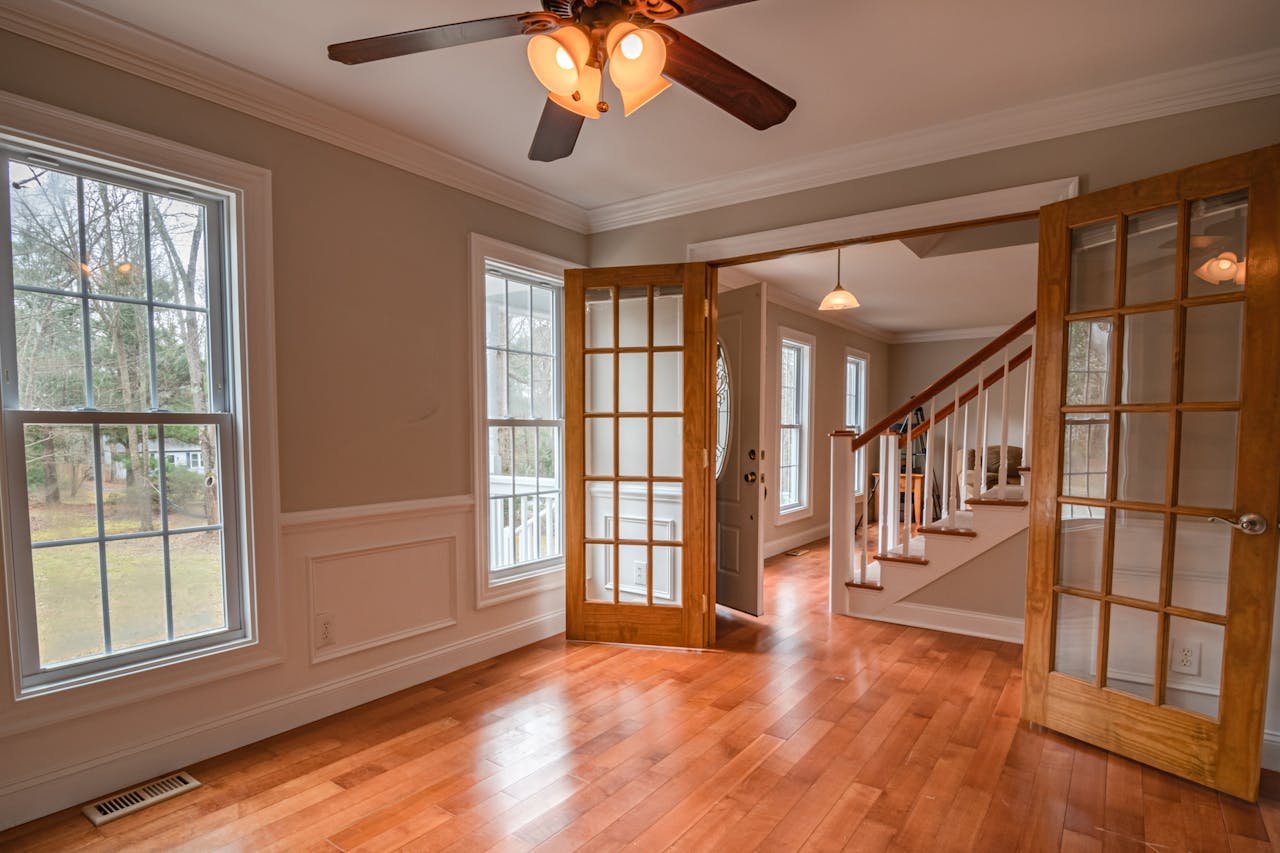
Old caulking around windows, doors, and bathtubs wears out lets in drafts and allows moisture damage. Inspect caulk lines each year and remove cracked or peeling caulk with a scraper. Apply a fresh bead of silicone caulk to seal gaps and prevent leaks. Proper caulking improves energy efficiency reduces heating and cooling costs and keeps pests out. This quick job pays off in comfort and savings by keeping your place better sealed against weather and bugs.
7. Clean Vent Covers and Ducts
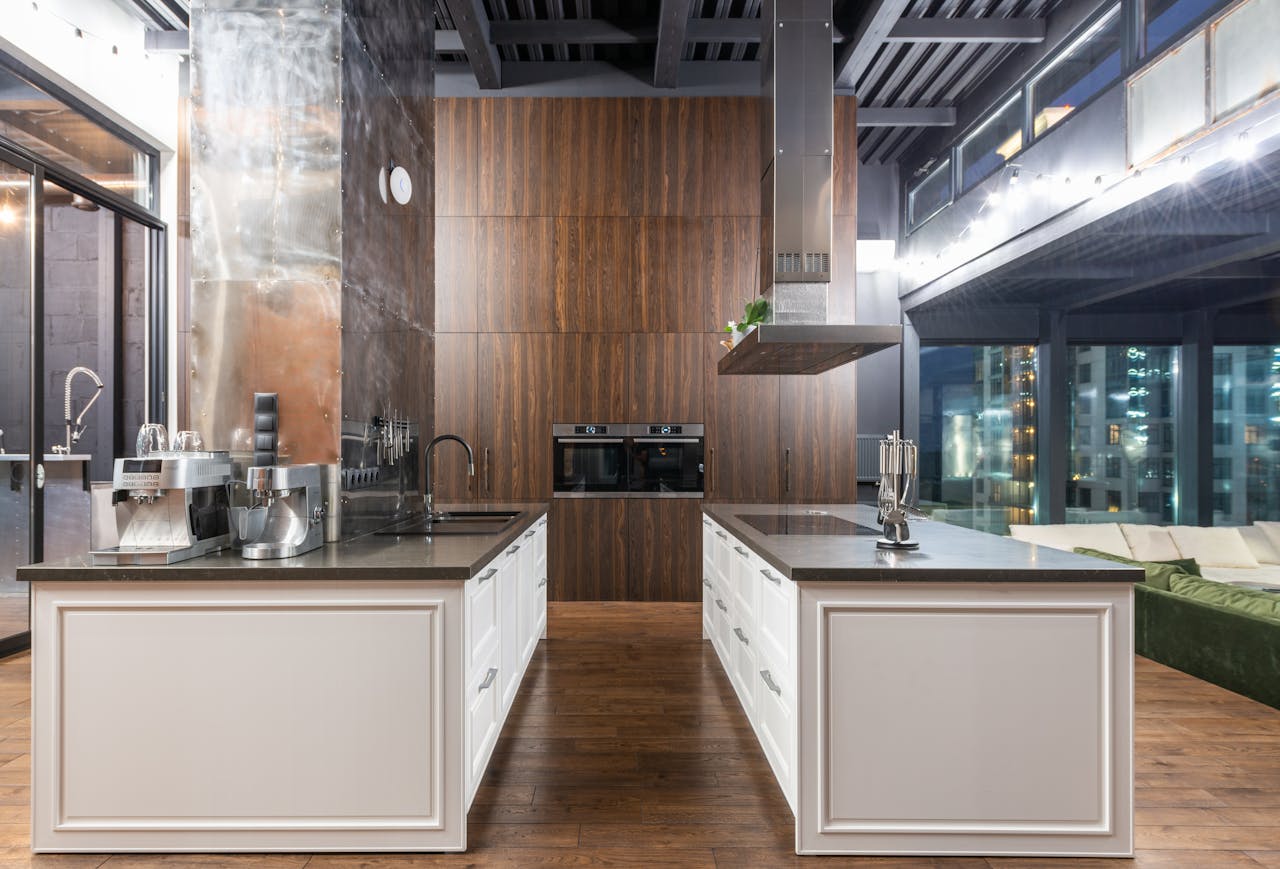
Vent covers collect dust and debris that block airflow and strain your HVAC system. Remove covers and vacuum both sides every few months to improve system performance and air quality. If you notice mold or heavy dirt consider professional duct cleaning every few years to protect health. Clean vents help your system last longer and reduce energy bills. This simple step keeps the air healthier for you and can cut down on allergy symptoms.
8. Set Up Pest Prevention
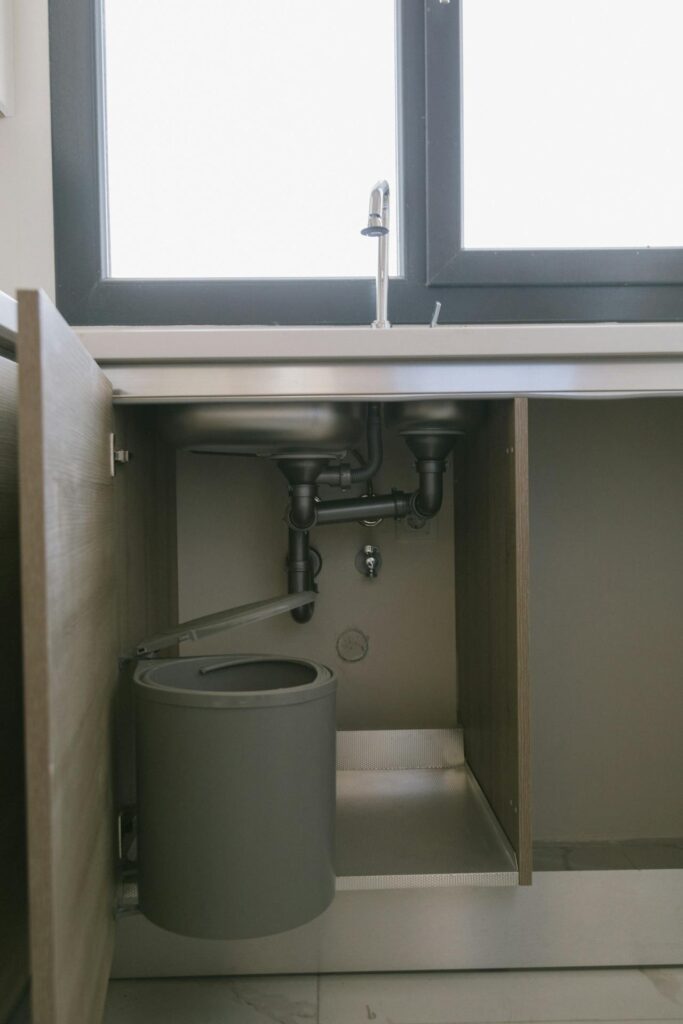
Even a tiny crack can let bugs and rodents into your home. Inspect walls floors and appliance seals for gaps and seal them with caulk or weatherstripping. Store food in airtight containers and take out garbage regularly to avoid attracting pests. Place traps for common invaders like ants and mice before they become established. Regular checks and simple fixes can keep unwanted guests out and spare you from costly exterminator bills. Prevention is the easiest and cheapest solution.
9. Lubricate Hinges and Locks
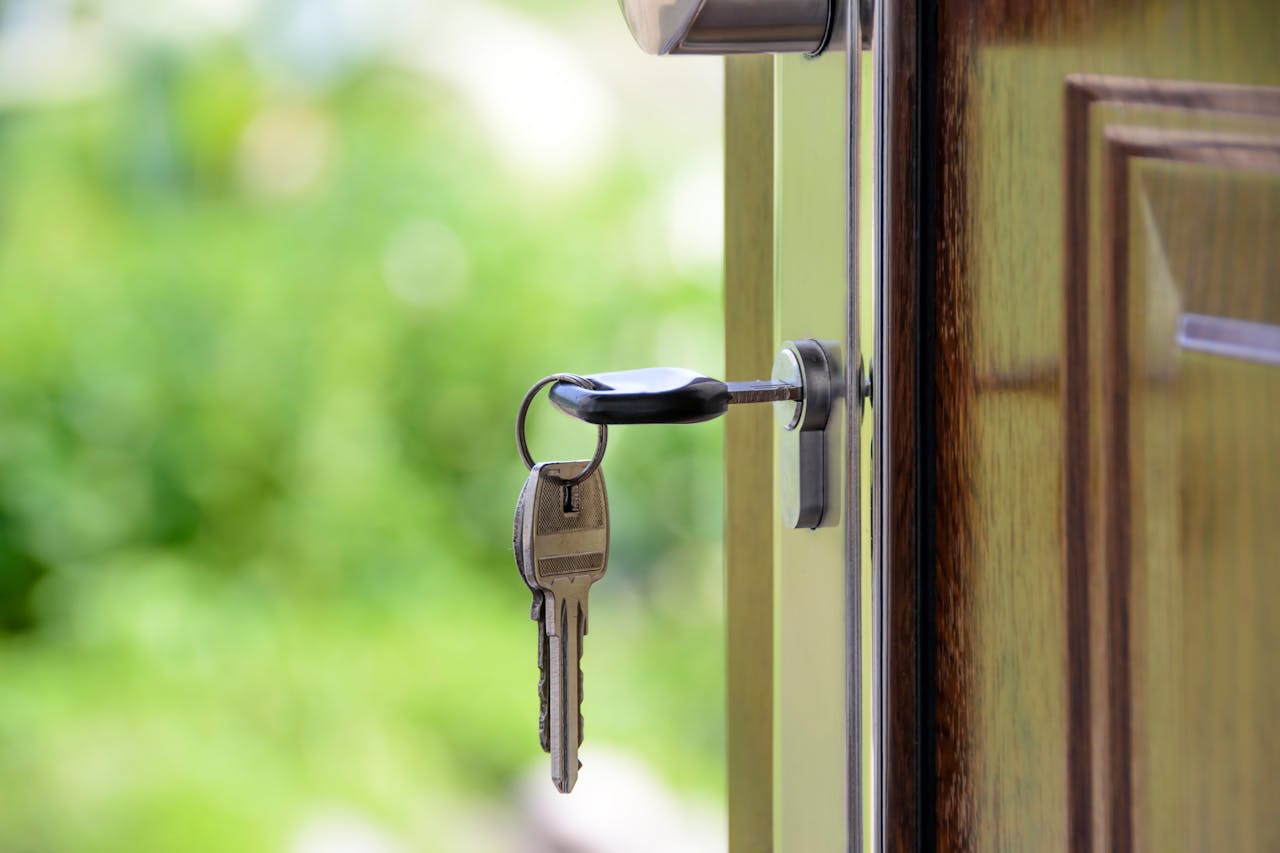
Squeaky hinges and stiff locks can be annoying and wear out faster if not handled properly. Use a small amount of graphite powder or silicone spray on door hinges and lock mechanisms every few months. This smooths movement stops noise and prevents rust and corrosion. Clear lubrication helps doors close quietly and locks operate smoothly without forcing. It takes only a moment but extends hardware life and improves everyday comfort in your home.
10. Test Smoke and Carbon Monoxide Alarms Monthly
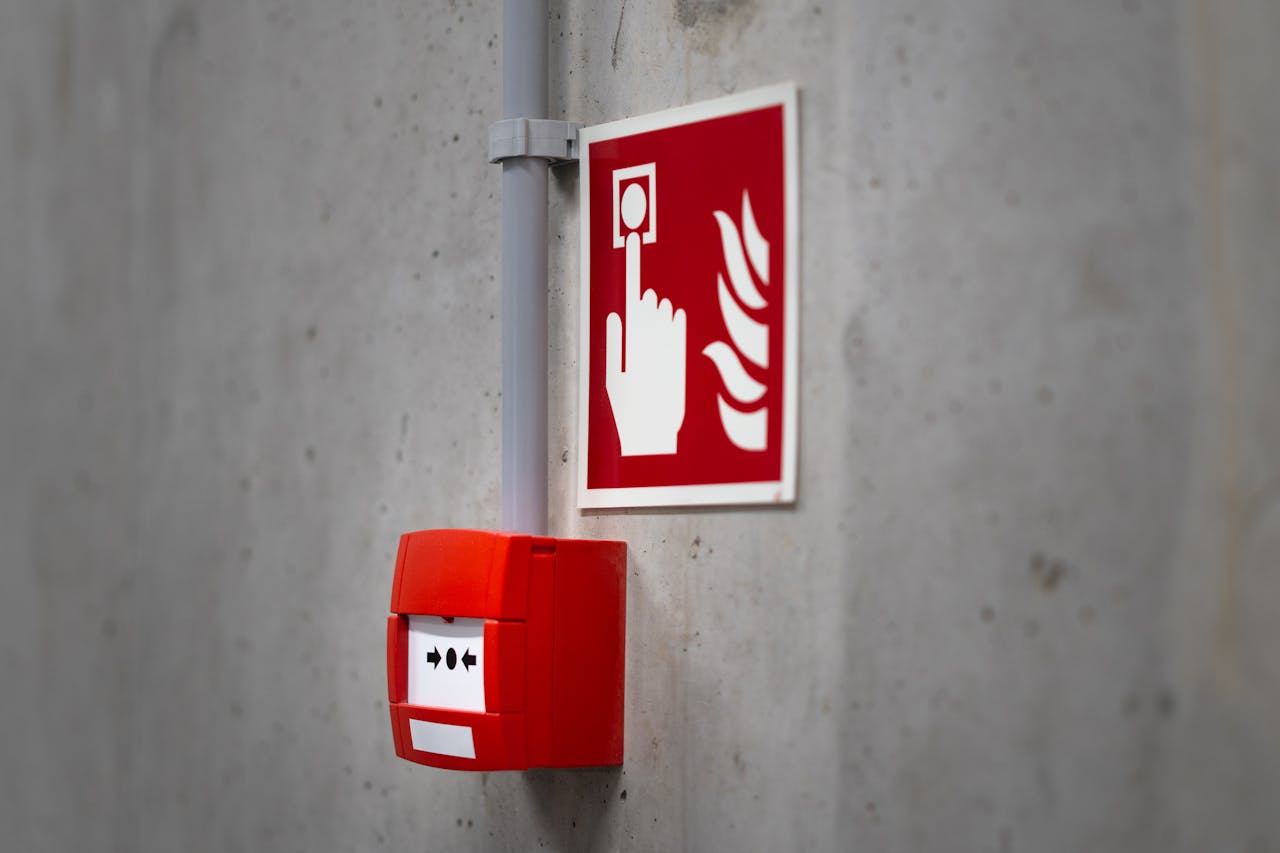
Smoke and carbon monoxide alarms are your first line of defense against fires and gas leaks but batteries die without warning. Press the test button on each unit once a month to ensure they sound correctly. Replace batteries annually or when low battery warnings beep. Replace alarms every ten years or as recommended by the manufacturer to maintain reliability. Working alarms save lives and reduce property damage by giving you time to react and escape safely.
11. Schedule HVAC Maintenance
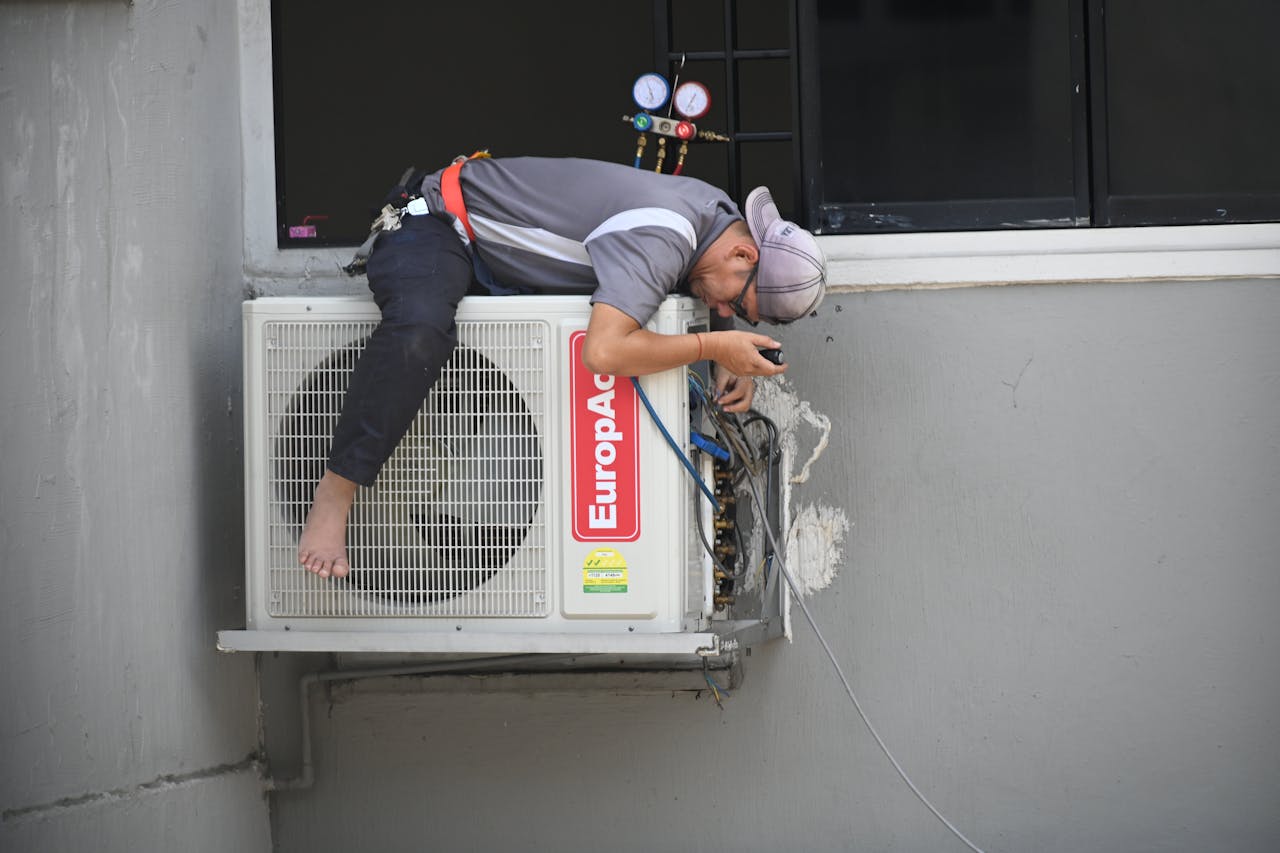
Your heating and cooling system needs regular professional checkups to run efficiently. Schedule an annual inspection for summer cooling and one for winter heating. A technician will clean coils check refrigerant levels and inspect components to prevent breakdowns. Regular maintenance can extend system life and lower energy bills. A small yearly fee avoids sudden failures and costly repairs in extreme weather. Plan appointments early to secure the best service times and rates.
12. Budget for Surprise Repairs

Unexpected issues like a broken water heater leaking roof or faulty wiring can arise at any time. Set aside three to five percent of your monthly rent or mortgage in an emergency fund for home repairs. Having this cushion avoids debt or delaying vital fixes that can worsen damage. Even small repairs add up so consistent saving builds peace of mind. Tracking expenses and adjusting your fund annually ensures you are prepared for whatever maintenance surprise comes next.


